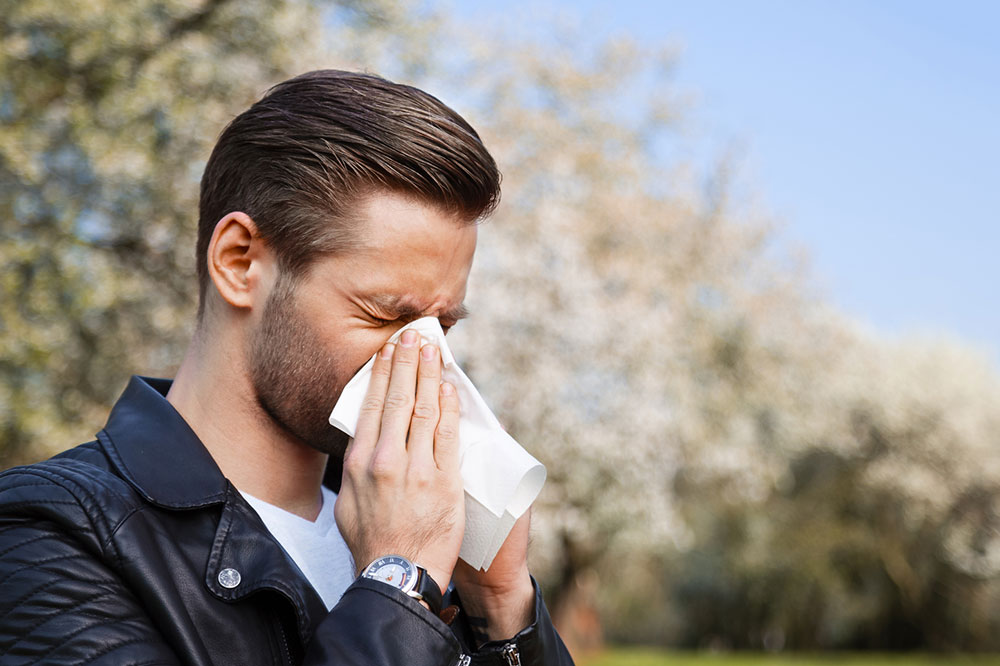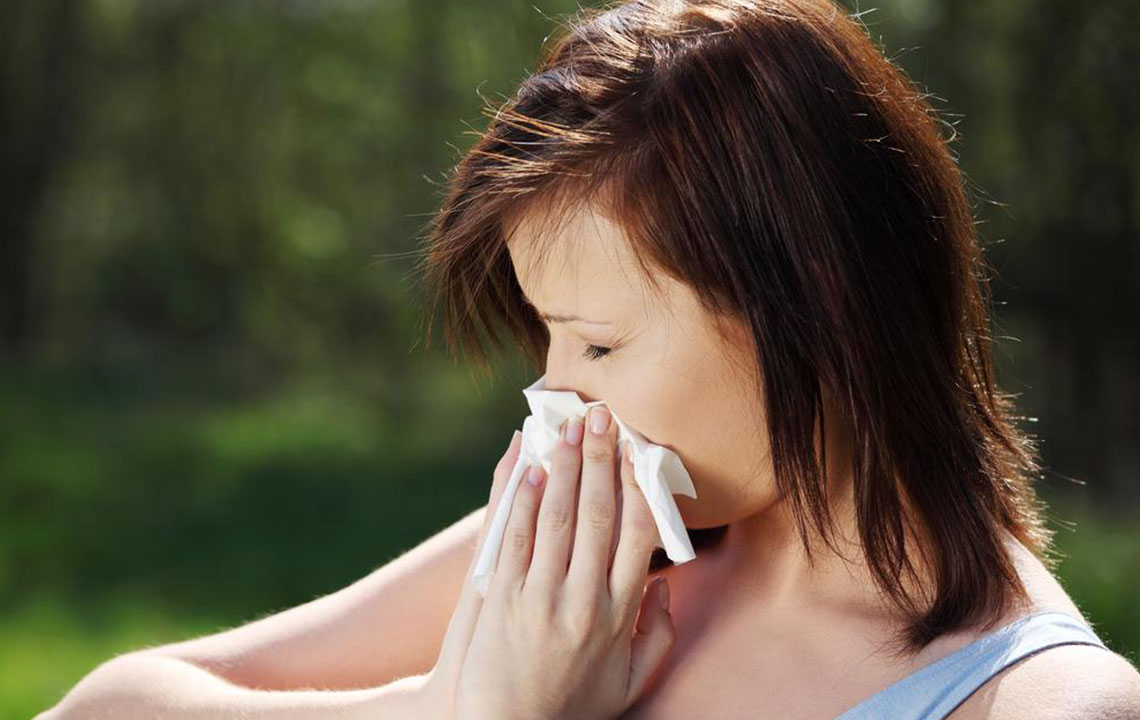Understanding Allergies: Symptoms, Causes, and Prevention
This article offers a comprehensive overview of allergies, highlighting common symptoms, triggers, and preventive strategies. It emphasizes the importance of consulting healthcare professionals for accurate diagnosis and management, ensuring readers understand the significance of allergy awareness and proper care methods.

Exploring Allergies, Symptoms, and Triggers
Everyone encounters the term "allergy" regularly, and many know someone affected by it. But what exactly are allergies, and how can you tell if you're experiencing one? Are allergies common? Should we pay attention to allergic reactions? In this article, we address these basic questions.
What constitutes an allergy?
The immune system responds to environmental factors by creating antibodies to defend the body. Occasionally, it reacts to harmless substances, mistaking them for threats. These substances are called "allergens," and the immune response they trigger is known as an allergy.
Recognizing symptoms
Allergic reactions vary based on the allergen and individual. Symptoms can affect the nasal passages, skin, respiratory system, and digestive tract. In severe cases, reactions may escalate to anaphylaxis, a life-threatening emergency. Common allergy signs include:
Food allergies
Food allergies often cause swelling of lips, tongue, throat, and face, along with tingling, nausea, hives, and potentially anaphylactic reactions.
Drug allergies
Reactions to medications may result in skin rashes, hives, swelling, wheezing, and, in critical cases, anaphylaxis.
Skin allergies
Contact with allergens can cause rashes, itching, burning, hives, or eczema. Insect sting allergies may lead to localized swelling, itching, or hives, and possibly systemic symptoms like cough and difficulty breathing.
Seasonal allergies
Allergic rhinitis or hay fever can mimic cold symptoms, causing sneezing, nasal congestion, itchy eyes, and throat, as well as conjunctivitis.
What causes allergies?
Allergens include dust, pollen, pet dander, mold, certain foods, and plants. While some allergies run in families, inheritance is not always certain. Environmental factors also play a significant role.
Most allergic reactions are manageable with medications available over-the-counter or through prescription. If you suspect an allergy, consulting a healthcare professional is vital. Tests can identify triggers, and avoidance remains the best preventative measure.










